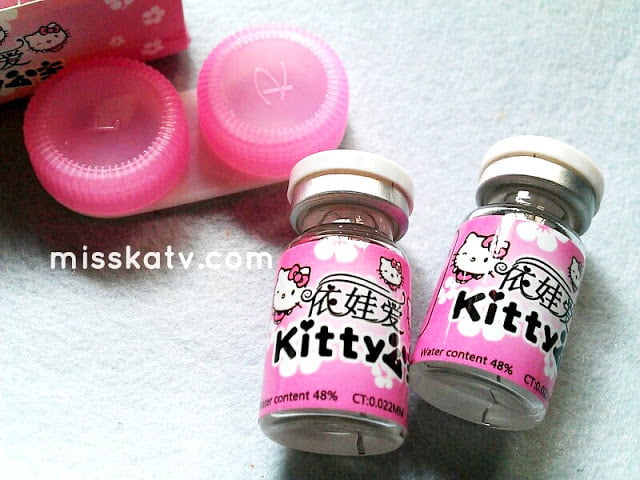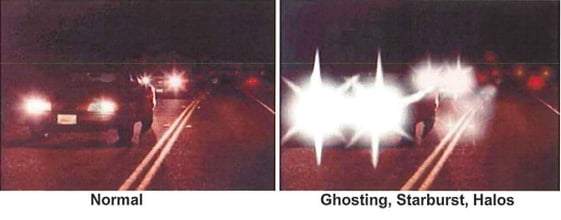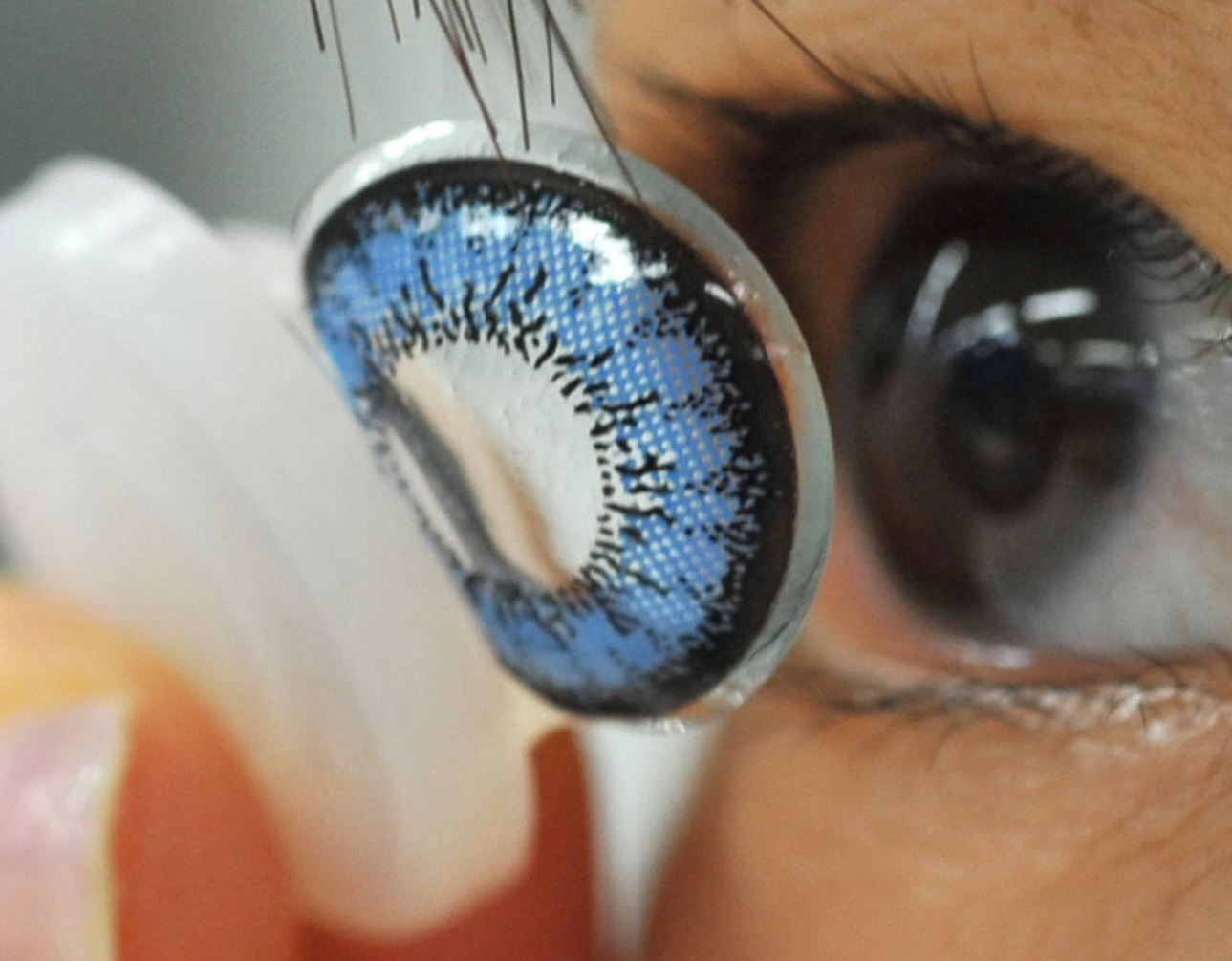
Circle contacts have been the most reliable means of vision correction due to the ease of handling & convenience they offer. Contact lenses interact with light to help you see & this is why some people with complex vision disorders may experience an increased sensitivity of light or photo phobia. Contact lenses, typically designed to help reduce glare; can significantly improve the condition.
What is Light Sensitivity & How Contact Lenses Help?
Glare is the amount of light entering into eye whereas halos are formed around objects in low light environments. Refractive index errors like nearsightedness, farsightedness, presbyopia & astigmatism interact poorly with light that hinders with vision. Wearing specialized contact lenses can help reduce the glare & formation of halos.

Halos may be very distressing as they obstruct activities like driving. Contact lenses that are designed to maintain crisp & high definition vision in low light settings can help fight the vision imperfection. These contacts are made from the thinnest material that allows voluminous amounts of oxygen to reach the eye. The thin material reduces light distortion particularly at night as a result sharp & crisp image is formed on retina.
Circle contacts with a UV filter also help reduce glare but keep in mind they are not an alternate to UV blocking sunglasses. UV interception contact lenses only cover your iris whereas UV blocking sunglasses provide protection to entire conjunctiva, the eye-lids & other portions of eye.
Driving with Vision Imperfections:
If you have vision imperfections, you must wear your prescription circle lenses while driving or else your license may be cancelled. Some contact lenses perform better than others so you must get a word from your eye care professional. Some underlying causes such as cataracts might be causing you glare from headlights while driving at night which only a certified doctor can rule out.


